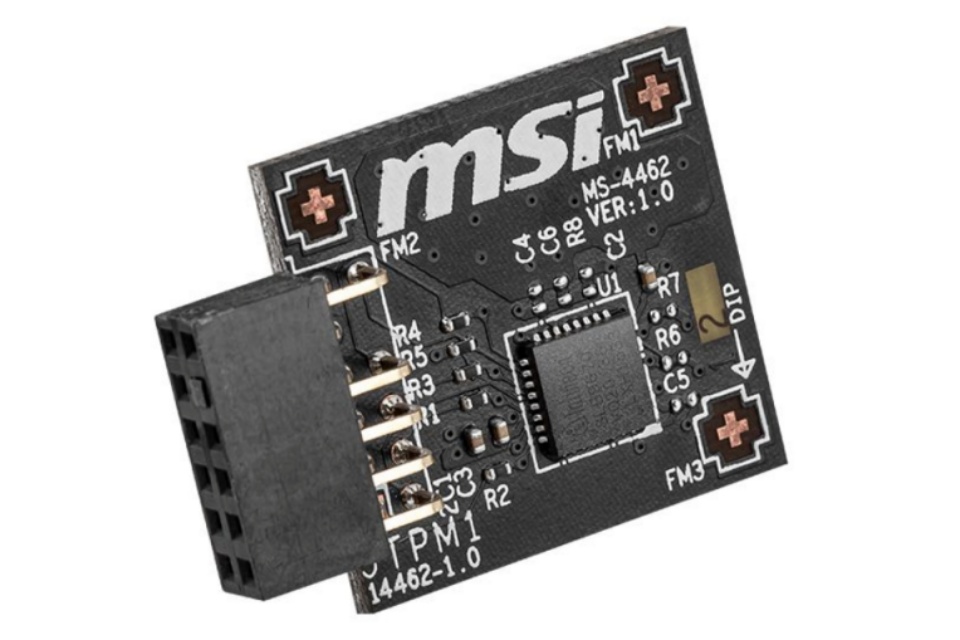Presented on Thursday (24), the Windows 11 will require an active TPM 2.0 (Trusted Platform Module) chip in the computer to function, as revealed by Microsoft. And all it took was the requirement to become public for the demand for the component to increase in online stores, leading to higher prices and even its lack in some retailers.
According to a survey carried out by the senior executive of the HTC VIVE Shen Ye, TPM module prices soared 12 hours after the announcement of the new generation of Windows. By posting to your account on Twitter, on Friday (25), he showed that the values came to increase four times compared to the previous price charged for the device.
According to Ye, a TPM 2.0 chip made by Gigabyte, which used to cost $24.90, went on sale for $99.90 shortly after the Redmond giant confirmed the demand for the product. In direct conversion, at today’s price, prices jumped from R$ 123 to R$ 495, a considerable increase.
Thanks to Windows 11, people are scalping TPM2.0 modules as well now.
$24.90 ? $99.90 in just 12 hours pic.twitter.com/9TTHC2c47w
— Shen Ye (@shen) June 25, 2021
For the executive, the blame for price inflation lies with the “speculators”, people who would be buying large quantities of the module to resell at a profit, taking advantage of a possible high demand for the component in the future. He also criticized Microsoft for imposing the need to use the processor to update the system.
Upward trend in other brands
The rise in prices of TPM 2.0 chips was also noticed in models produced by other brands, as pointed out by the website Tom’s Hardware. Modules manufactured by ASUS, SuperMicro e MSI have become more expensive and are already unavailable in some online stores, which can make life difficult for those who need to buy them.
It is important to point out that the component is present in most newer PCs, in addition to the possibility of the physical module being optional in some cases. Thus, it is worth checking if there is technology installed on your device before you go shopping.
–


